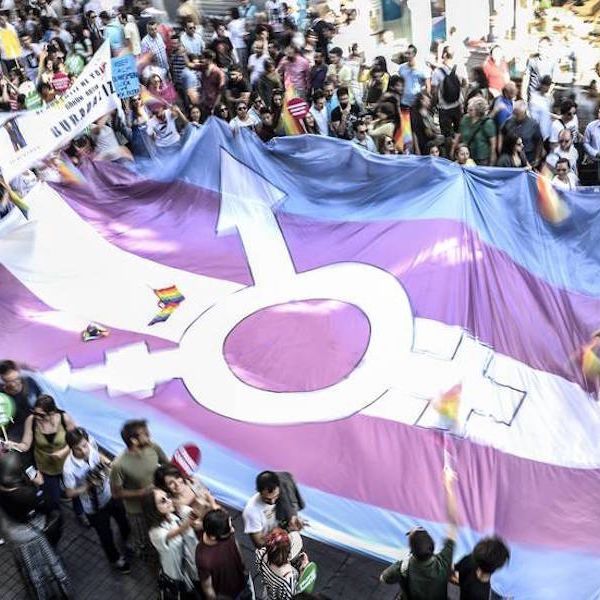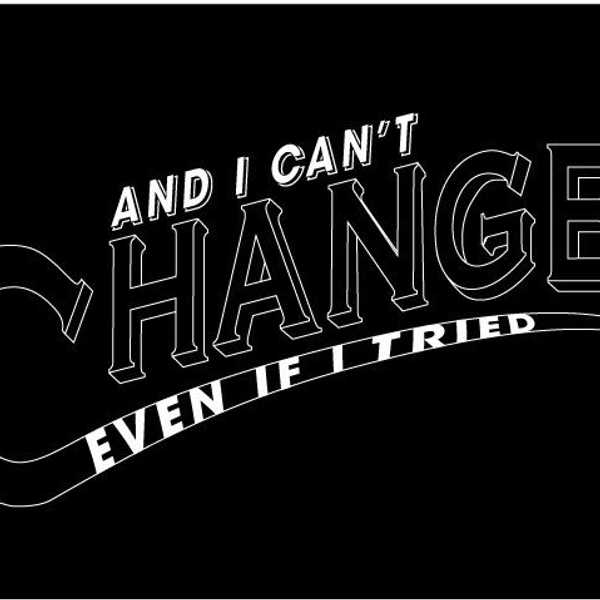I had the pleasant opportunity to sit down in about a thirty to forty minute conversation with a woman who is twenty years of age and who identifies herself as a bisexual , light skinned Caucasian , middle class woman whose religion is Roman Catholic. The intersectionality was an important aspect to get across in our conversation. It was highly essential to take intersectionality into consideration due to the fact that gender, race, religion, sexual identity and so forth are not independent of one another. They are completely reliant on one other and how society views and treats someone based on their gender, race or sexual identity. Where one culture accepts some gender socializations’ other cultures may vary on the scale and say they do not accept the same gender socializations perceived okay in a different part of the country or world.
Describe your impressions about how membership of your social identity has influenced your gender socialization and opportunities in the United States as an adult.
“As a citizen of the United States, and more specifically a member of the LGBTQ community, I am proud to say that I am bisexual. Bisexual, for those who do not know, is that I am attracted physically, emotionally and mentally to both men and women. I know, it is hard to take in, from the concepts of society, that I can be attracted to more than one sex. Growing up, I was emotionally strained because I had conflicted thoughts and feelings that were going against my parents beliefs. I grew up in a strict, middle class family who only believed in a man and a woman uniting in marriage or any kind of sexual relationship. I was conflicted because I had different feelings towards men and women than my friends and family did. I had no one to relate to because no one was sharing the situation I was going through when I was a young high schooler afraid to show who I truly was. Everyone in my town were categorized as strict and conservative. There was no room for the acceptance of a woman having sexual relations with another woman. I was expected to follow the gender socialization described as if you were born female you had to be hard working in the home, dressed like a young lady and must have the knowledge that you never argue with a man. There was no room for me to be comfortable with who I truly was and wanted to be. If I went against this gender socialization I would have experienced discrimination in the work field and judged for being different."
“Even being part of the LGBTQ community, there is a gender socialization surrounding someone who identifies themselves as a bisexual man or woman. Society is under the impression that being bisexual should mean you are easily spotted in a crowd. Almost, as though, there is an expected way being bisexual shapes the way we present ourselves in public. When my friends found out I was bisexual, they automatically gave the impression that I was going to hit on them or pursue them in an inappropriate manner. I respect others and what they identify themselves as. I would never try to, “bring them to the dark side,” as some would say. I strongly believe everyone should be able to express themselves in their own way without gender socializations getting in the way.”
Describe your experiences with prejudice because of one or more aspects of your social identity, whether as the object of prejudice or as a prejudiced person.
“Living as a bisexual, in a dominant heterosexual relationship society, prejudice is commodity we know too well. The LGBTQ community demands for resilience programs to strike their prejudice with vengeance. It is upsetting the amount of people who have felt uncomfortable with me being their server or helping them at the restaurant I used to work at. People do not look at me as an equal. They are still following the gender socialization surrounding being a female in this society.”
How different aspects of your social identity affect your relationships with women and men similar in age, even with your parents?
“I was born a female and to this day I still possess the biological systems of a female. The only difference is I like both men and women and dress more manly then females my age. When I first entered college I wanted to feel a sense of belonging. The one way to do that was to get involved in clubs and organizations. I wanted to rush a sorority. Do you think anyone from Greek life would want to give a bid to someone who was openly bi? No. They wanted the girl with the long blonde hair and perfect complexion who flirts with frat boys. Hearing, “Why don’t you just rush a frat? You would fit in there a lot better since you both like to chase the pussy.” I was unable to pursue this aspect of college because of my sexual identity. I was limited. Luckily, I had a great support system from my parents. It took them awhile to accept me as a bisexual female but now that they have worked through, what they think a female should look like and do, our relationship is stronger than ever.”
Growing up, I never noticed that certain people were discriminated against or looked down upon because of their skin color, whether they identify as a man or a woman or if they play by the right gender socialization subjected to them when they were born. I am a straight, Caucasian, above average classed woman with Lutheran being my religion. I was not oblivious to the fact that my interviewee has had trouble with acceptance in our society, especially in the college scene, but I did not realize how harsh some people can be towards someone just because they have a different sexual identity than them. People are against concepts that go against their beliefs. My belief is everyone should have equal opportunity no matter what intersectionality may persist. Gender socializations do take effect in what society accepts and what they do not accept. But, more importantly they take effect on who they respect and who they disrespect.





















